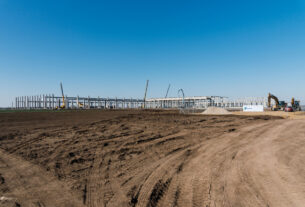Carbon monoxide, or CO, is an odorless, colorless gas that can cause sudden illness and death. It is found in combustion fumes, such as those produced by cars and trucks, small gasoline engines, stoves, lanterns, burning charcoal and wood, and gas ranges and heating systems.
CO from these sources can build up in enclosed or semi-enclosed spaces. People and animals in these spaces can be poisoned by breathing it.
The most common symptoms of CO poisoning are headache, dizziness, weakness, nausea, vomiting, chest pain, and confusion. High levels of CO inhalation can cause loss of consciousness and death. Unless suspected, CO poisoning can be difficult to diagnose because the symptoms mimic other illnesses. People who are sleeping or intoxicated can die from CO poisoning before ever experiencing symptoms.
Red blood cells pick up CO quicker than they pick up oxygen. If there is a lot of CO in the air, the body may replace oxygen in blood with CO. This blocks oxygen from getting into the body, which can damage tissues and result in death.

Who is at risk from CO poisoning?
All people and animals are at risk for CO poisoning. Certain groups — unborn babies, infants, and people with chronic heart disease, anemia, or respiratory problems — are more susceptible to its effects.
How can you prevent CO poisoning from your home appliances?
Install a battery-operated CO detector in your home and check or replace the battery when you change the time on your clocks each spring and fall.
Have your heating system, water heater and any other gas, oil, or coal burning appliances serviced by a qualified technician every year.
Do not use portable flameless chemical heaters (catalytic) indoors. Although these heaters don’t have a flame, they burn gas and can cause CO to build up inside your home, cabin, or camper.
If you smell an odor from your gas refrigerator’s cooling unit have an expert service it. An odor from the cooling unit of your gas refrigerator can mean you have a defect in the cooling unit. It could also be giving off CO.
How should you vent your gas appliances properly?
All gas appliances must be vented so that CO will not build up in your home, cabin, or camper.
Never burn anything in a stove or fireplace that isn’t vented.
Have your chimney checked or cleaned every year. Chimneys can be blocked by debris. This can cause CO to build up inside your home or cabin.
Never patch a vent pipe with tape, gum, or something else. This kind of patch can make CO build up in your home, cabin, or camper.
Information and illustration: www.cdc.gov


















